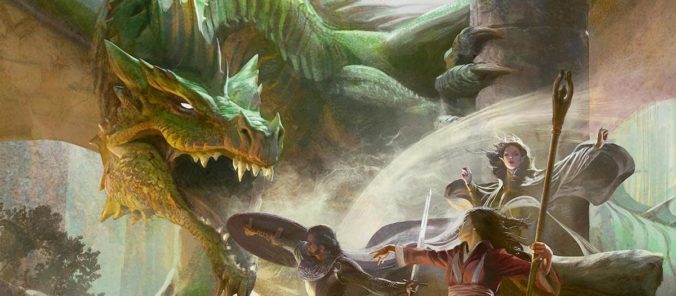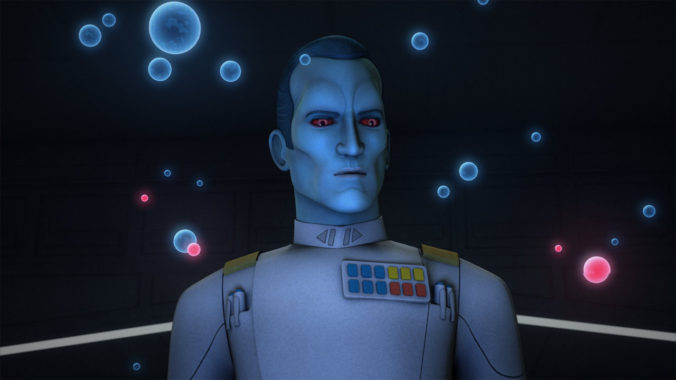Spoilers for Game of Thrones (the TV series) ahead. Fairly be ye warned.
But I need to talk about this, because it’s been bothering me ever since the end credits for Episode 4 of Season 8 rolled across the screen.
I have so many questions, and I don’t like any of the answers.
The biggest one is this:
If you are crafting a character-focused drama that has drawn in an audience because of the relationships between and development of those characters, why would you take a sledgehammer to those relationships and that development? I think I have an answer, but I’d like to lay out the basis for these questions.
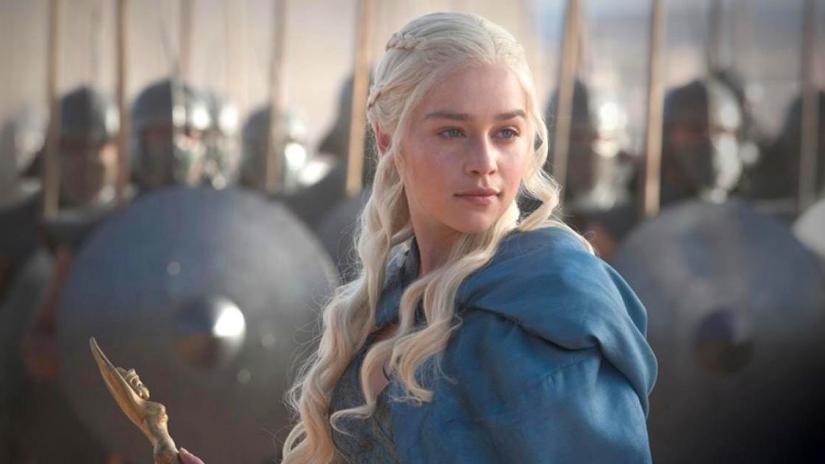
Something that has been pointed out to me is that Game of Thrones has, up until this point, taken a chance in portraying the stories of abuse survivors — specifically, Sansa Stark and Daenerys Targaryen. Now, I’m going to say up front that portraying the circumstances by which the characters became survivors in the first place is lazy and often used for cheap shock value, in addition to being triggering and offensive for real survivors. Looking back, there’s something about the source material that’s always been a little too gleeful about the subject, a little too exploitative. But I’m not here to talk about the novels. That might be a subject for another time.
We appreciate Daenerys and Sansa because they survived. They found a way to stand up in the face of abusive and callous males who treated them as things. Dany, trapped in a marriage to a man with whom she couldn’t communicate clearly, found a way to have him regard her as more than a piece of meat for breeding. He fell in love with the person she revealed herself to be, and made an effort to show that love and be a better person because of her. And after he was gone, Dany built herself up, strength upon strength, until she became the Mother of Dragons and the Breaker of Chains. She stood on our own two feet, measured and self-assured in the face of nay-sayers and everyone who underestimated her because of her gender and stature. It’s a powerful, meaningful narrative.
And it’s been shot to shit just as much as her dragon was, and I could feel the writers evincing a similar amount of glee as their bastardized version of Euron Greyjoy as they did it.
Let me not take anything way from Daenerys and her grief and anger. Losing a child is hard is the worst trauma a parent can suffer. Then you have the callous execution of her best friend on top of that. She walks away furious, barely keeping control of her emotions, instead of mounting her dragon to immediately burn the whole thing down. She should be applauded for her strength.
Instead, Dany will be characterized as “unhinged” and “crazy”. Listen to the music, and consider the episode leading up to that point, how so many other characters have spoken about her, and most importantly what the perceptions of the majority of the typical target audience of epic fantasy would be of someone like Dany. Like so many male-driven narratives before, abuse and pain and loss have put a ‘strong female character’ in a position where she could be written into abusing her power and commit atrocities in revenge. I’d like to think that we’ll get something better than that. Instead, I fear we’ll get the “crazy bitch” out for blood. If that happens, it’ll be as lurid and exploitative as I Spit On Your Grave, just with dragons. Well, one dragon, now. One dragon and one “crazy bitch”, who the male characters are going to defame, betray, and destroy to put another male on the throne. The same way the writers abandoned Ghost, they’re also poised to abandon the whole point of Daenerys and her character development.
Dan & Dave, if you do that, fuck you.
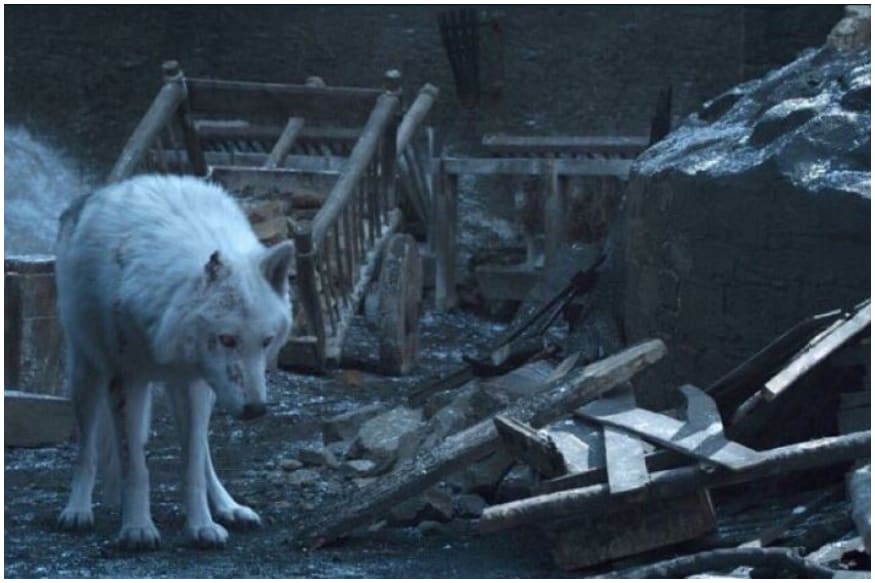
I’ll circle back to Sansa in a moment. But first, I’d like to talk about another example of characters being driven completely off the rails to the sound of cackling and “Oh, this will subvert expectations! Check out how gritty and ‘real’ we are, we’re cooler than The Last Jedi in changing our characters, stay with us fans!” I’d like to talk about Jaime Lannister.

When we first met him, Jaime Lannister was the sort of ‘Prince Charming’ subversion that fit very well in the general Game of Thrones sentiment. “This isn’t your parent’s fantasy epic.” A golden boy with smug charisma and assholery to spare, at first he was someone you’d love to hate, just as much as his sister. But then he got lost. The hand that had defined his adult life, as one of the great Westerosi swordsmen, was cut off for a goof. He came face to face with cruelty and callous disregard for human life, the very thing that made him become the Kingslayer in the first place. And it seemed, for a long time, that he wanted to find a better life for himself. A more honorable life. A happier life.
And then he threw it all away for the sake of a person that we know, that he knows, is a toxic wellspring of spite, hate, and selfish ambition. “So am I,” he says to Brienne, the one person who has truly and thoroughly believed in his better nature and his ability to have it prevail.
Now, we still have two episodes left. Maybe Jaime behaved the way he did towards Brienne because he wanted to distance himself from her because a part of him knows that he won’t be making it back from King’s Landing. I’d like to think that his intent is to kill Cersei, not to protect her. And in treating Brienne so cruelly, it will be “okay” if he dies in the attempt. In his mind, he doesn’t want to be mourned.
Maybe I’m projecting a bit from my own experiences and the nature of my own inner critics, but no matter what the motivation or eventual ‘shocking’ reveals, this flies in the face of years of careful character development, of deconstructing and reconstructing a person who, like Khal Drogo, saw a flaw within himself and sought to correct it. Jaime stumbled and made mistakes along the way, for sure, but he finally saw Cersei for who she was and made the choice to walk away. Now he’s going back, and throwing away the one person who loves him not just for who he is, but for who he can be, and from all indications wants to be?
Fuck you, Dan & Dave.
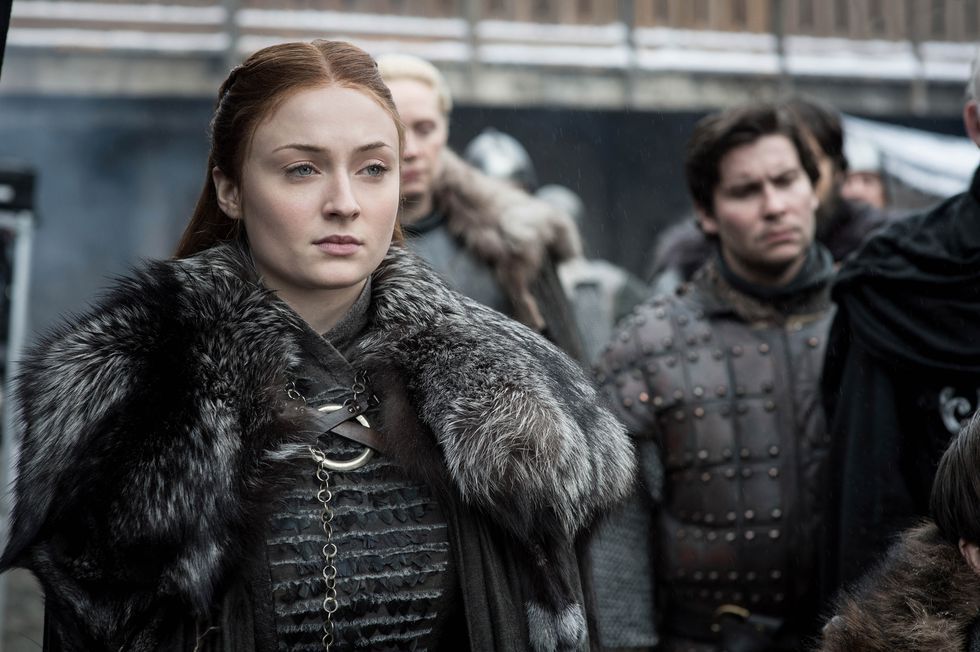
For the most part, there’s aspects of the Stark children that feels true. Arya’s not a lady, and has never wanted to be, regardless of how she feels about Gendry. Bran recognizes how much he’s changed, and has come to terms with it because of how much he knows and recognizes the role he has to play in the world as it is. I’ll get to Jon in a moment, but first, let’s talk about Sansa.
Like Dany, Sansa’s trauma and abuse has been shown to us in all of its unvarnished cruelty. Like Dany, the portrayal of it was done with a disquieting since of gleeful exploitation. And like Dany, Sansa’s used her experiences to find her strength and develop herself as someone who knows that living well, and being one’s best self, is the most effective and rewarding ‘revenge’. As much as she doesn’t like Daenerys, Sansa doesn’t make decisions out of spite or a sense of competition. She’s shown herself to be someone who wants to be an ally to a fellow survivor, regardless of her misgivings. But Dany, for one reason or another, hasn’t really been willing to meet her halfway. It’s a huge missed opportunity to show how survivors can best support one another, and that stings.
When Sansa tells Tyrion the truth about Jon, it’s not because she doesn’t like Daenerys; she’s not jealous or ambitious. She’s concerned about the safety and sovereignty of her people, and she sees Jon as a better leader; not just because he’s family, but because he’s given her facts and evidence to that effect. In the same vein, she recognizes that in spite of the cruelty visited upon her by the Lannisters, Tyrion is at heart a good person, someone who’s seen her as a person from the start and who’s treated her with respect the best way he’s known how. She’s exemplary in that a ‘strong female character’ doesn’t have to be turned bitter and ‘crazy’ because of their trauma; they can grow in spite of it and become a better version of themselves in the wake of it. Where Dan & Dave went wrong with Dany, they went right with Sansa. It doesn’t make what happened to her or how we were shown what happened to her ‘okay,’ but it does feel like more of a success story, more of a true portrayal of what strength of character really looks like.
Now, Jon. Oh, Jon. I like you, my dude, but I hate what you represent.
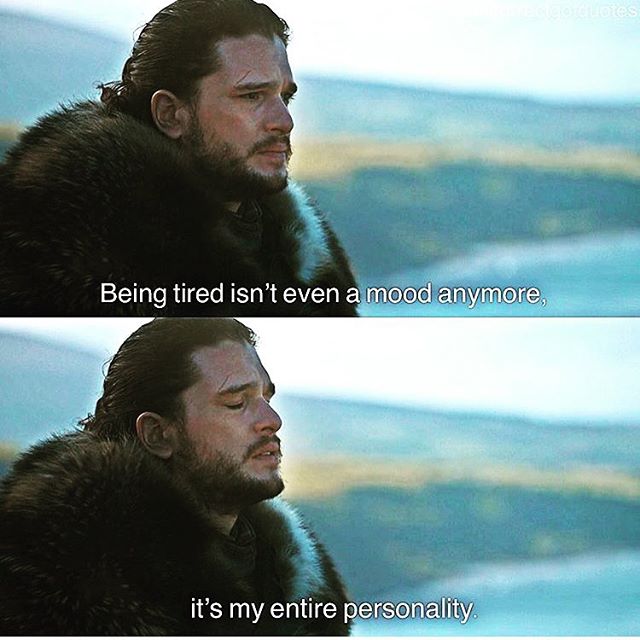
Tyrion and Varys have a discussion about Jon and his viability as a candidate for the Iron Throne, and one of them (I forget which) says “he’s the best for it because he doesn’t want it.” I couldn’t help but roll my eyes a bit. We’ve seen this sort of thing before, many times. Take Aragorn from Lord of the Rings — another reluctant born leader who shuns his own potential. Keenly aware of the weakness of his ancestors and other men like Boromir, Aragorn is very circumspect about seizing a role of leadership and a position of power. While in the novel, this circumspection isn’t quite as pronounced as in the film — Aragorn has Narsil reforged in Fellowship of the Ring before they even leave Rivendell — it still presents an interesting parallel to Frodo, another “hero” or “chosen one” who feels isolated and abnormal due to the circumstances that imposed their role upon them.
Jon’s story, and his portrayal in the show, are similar, but the difference comes in the surrounding circumstances. Tolkien focused on the nature of the quest at hand, and its influences upon the characters who took up said quest. Game of Thrones, on the other hand, makes it a point to play its characters against one another in political gamesmanship. And in its attempt to be ‘gritty’ and ‘realistic’, this means that men will conspire to unseat a woman in power to put a man in her place, especially if that man is seen as virtuous, even if that means derailing the female in question to make the man more appealing, to the in-story populace and to the audience.
This is bullshit.
Yes, it’s how things happen in the real world. Yes, it sucks. It would be one thing if Dany were still the sort of determined but measured person we saw in control of Meereen, instead of someone that the writers seem to be pushing to be just as unappealing a ruler as Cersei Lannister. This situation, as it is presented currently, make both Dany and Jon nothing more than pawns in the titular game which robs them of the agency that has made both of them so compelling for the last seven and half seasons. And from all indications, to the writers, the male pawn is the more important one, and is being positioned to ensure that the male empowerment fantasy is the one that will ultimately prevail.
Seriously, Dan and Dave. Fuck. You.

All of this leads me to one conclusion. I could be wrong. I’d like to be wrong. But the facts are what they are, and as far as I can see, it all leads to one thing: pandering. Viewers, the vocal ones on the Internet at least, don’t want to see female characters prevail. They’re intimidated by strength and growth in those characters. So the writers make Daenerys unhinged, put Yara on a bus (okay, it’s a boat, but the trope stands), and leave Brienne broken and in tears. To avoid being lumped in with The Last Jedi which portrayed Rey in a way that had her be accused of being a “Mary Sue” and left those entitled viewers feeling betrayed because Luke Skywalker was an understandably jaded and thoroughly exhausted man, they’ve derailed one character after another. In a world where Marvel and even DC are showing that narratives can be wildly successful without cis white males as main protagonists — see Black Panther, Wonder Woman and Captain Marvel as evidence to that effect — Game of Thrones goes the lazy route of pandering to a demographic that’s been pandered to long before television or film was even a thing. One hopes that this isn’t necessarily what George RR Martin had in mind, but we won’t know if he’s just as bad as Dan & Dave until we finally see Winds of Winter on store shelves. You’re on notice, GRRM.
As for Dan & Dave — shame on you, you lazy fucks. What you’ve done with this narrative and these characters is disgusting, cowardly, and lame. Even if Jaime ultimately kills Cersei, and Daenerys course-corrects before becoming an evil as bad as or worse than her father that “needs to be put down,” you couldn’t have done a worse job in your lead-up to the big final battle if you’d tried. And you didn’t. You didn’t try. You went the easy route. You got scared. You let your fear hold your pens. And what squirted out is such weaksauce even people who don’t like their sauce spicy in the slightest are reaching for the salt. And they’re right to be salty.
If this is how this television series is going to end, I for one am glad it’s ending. Again, maybe I’m mistaken, and things will happen that will pull the narrative and these characters out of this tragic, disgusting tailspin.
But I’m not holding my breath.



